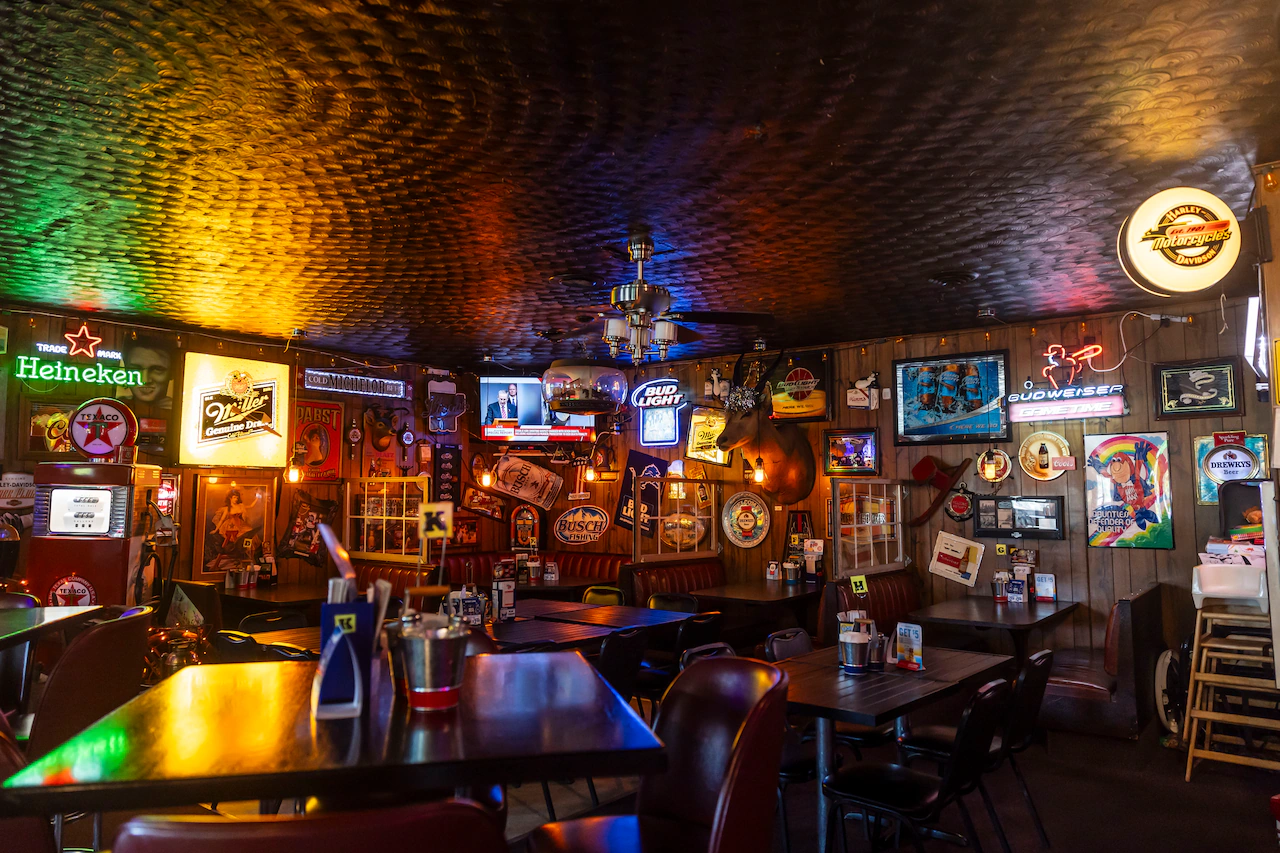By Bayo Olupohunda,Ezra Ukanwa
Copyright legit

Sahad Stores founder, Alhaji Ibrahim Mijinyawa, shared how he rose from a messenger earning £7 a month to building one of northern Nigeria’s largest supermarket chainsHe revealed the store’s name “Sahad” was born during the Gulf War when he changed it from “Fahad” to avoid controversy, a move that later boosted its popularityBeyond business, Mijinyawa built a hospital, school, and mosque for community service, stressing his principle of fair pricing and his commitment to giving back
Sahad Stores has grown into one of northern Nigeria’s most recognised supermarket chains.
However, not so many Nigerians understand that its origins are rooted in determination and resilience.
Speaking in an interview with Kaftan TV’s Sirrin Nasarar Kasuwa, the founder, Alhaji Ibrahim Mijinyawa, reflected on his remarkable journey.
Born in the Mandawari area of Kano, Mijinyawa revealed that his childhood was shaped by hardship.
“Raised by his grandmother after his parents separated, he explained:
“I didn’t attend school early, but when I grew older, I realised the value of education and enrolled myself in boarding and evening schools. My grandmother was my only supporter.”
Ibrahim Mijinyawa: From messenger to fabric trader
Mijinyawa recounted how he started as a messenger, earning between £7 and £10 a month.
He carefully saved his earnings in an Antikurya, a discreet money pocket.
“Once I had saved enough, I left the job and started selling clothes. At first, I used my bicycle to carry goods, though some days I sold nothing at all,” he said.
With persistence, he set up a small wooden kiosk, which he transformed into a fabric shop, an unusual step at the time. His business gradually grew, leading him to Kantin Kwari Market and later Kofar Wambai Market.
Mijinyawa explains how the name Sahad emerged
The name “Sahad” itself, he explained, was born out of necessity during the Gulf War. Originally called Fahad, the store name became controversial, and changing signage was too costly.
“I experimented with letters. I tried Ahad, Bahad, but they didn’t work. Finally, I tried Sahad, it sounded right, and by God’s blessing, it became popular,” Mijinyawa recalled.
Sahad Stores: Expansion amid challenges
Despite political upheavals and government crackdowns on foreign goods during the Shehu Shagari and Muhammadu Buhari administrations, he adapted quickly.
From Mandawari Road to Abuja’s Zone 4, he reinvested, diversified, and expanded.
“In Abuja, I built a store with my house on top and shops below. Later, I opened outlets in Jigawa, Minna, Maiduguri, and Bauchi. Kaduna also gave me land for expansion,” he explained.
Mijinyawa attributed his success to simple but firm principles. “I don’t give goods on credit, but I reduce prices.
“If others sell for ₦1,000, I can sell for ₦950. That’s how I attract and retain customers,” he said.
Sahad Store: Giving back to the community
Beyond commerce, he has invested in social impact. He confirmed building a hospital, school, and mosque not for profit but for lasting reward.
“I want blessings to continue even after I’m gone. My children studied medicine to manage the hospital, it’s a family effort,” he added.
Top northern mogul Danata dead and buried
Previously, Legit.ng reported that the Kingdom of Saudi Arabia has granted approval for the burial of late Nigerian business mogul and philanthropist, Alhaji Aminu Alhassan Dantata, in the sacred city of Madinah.
Legit.ng reported that Dantata has passed away at the age of 94.
Source: Legit.ng



